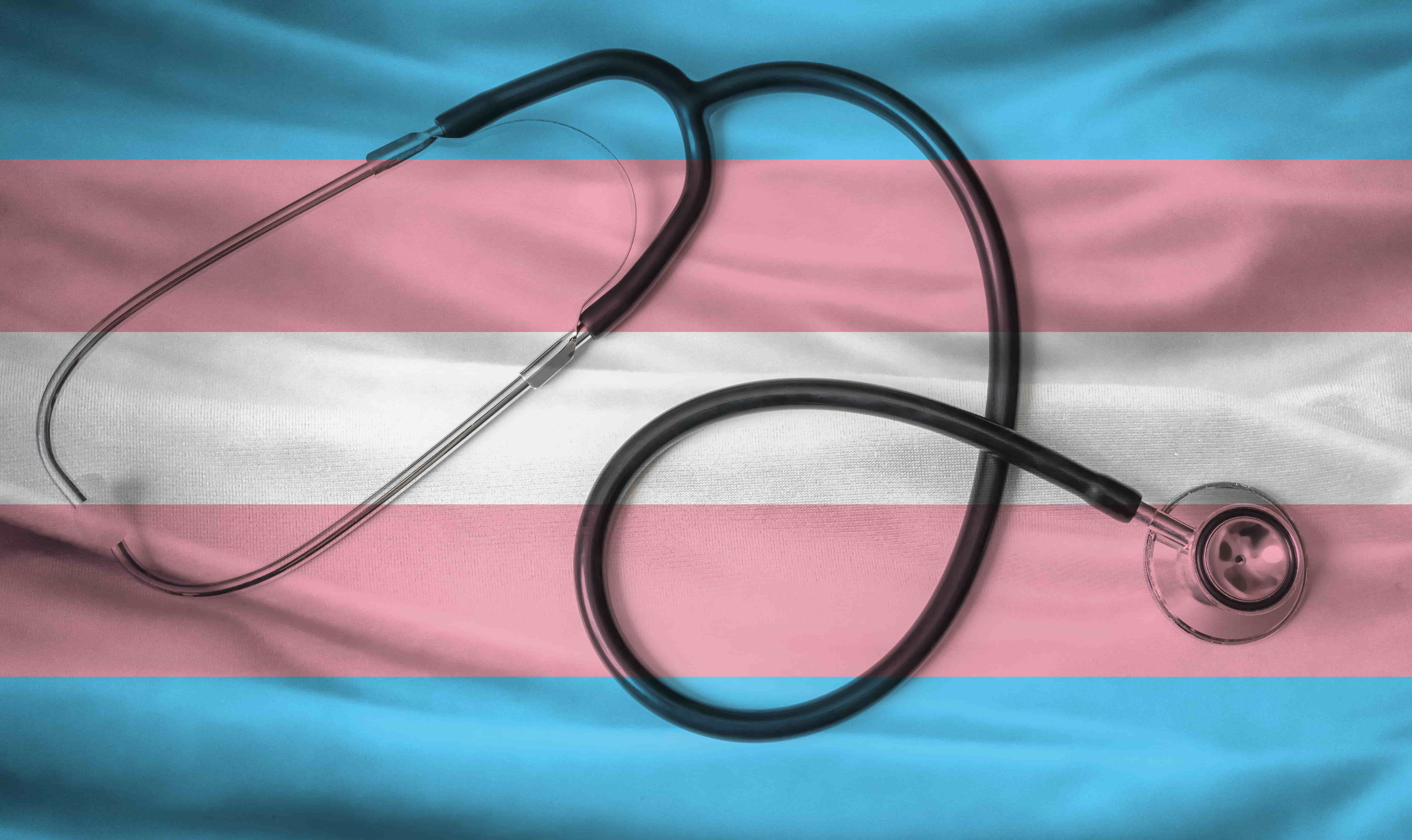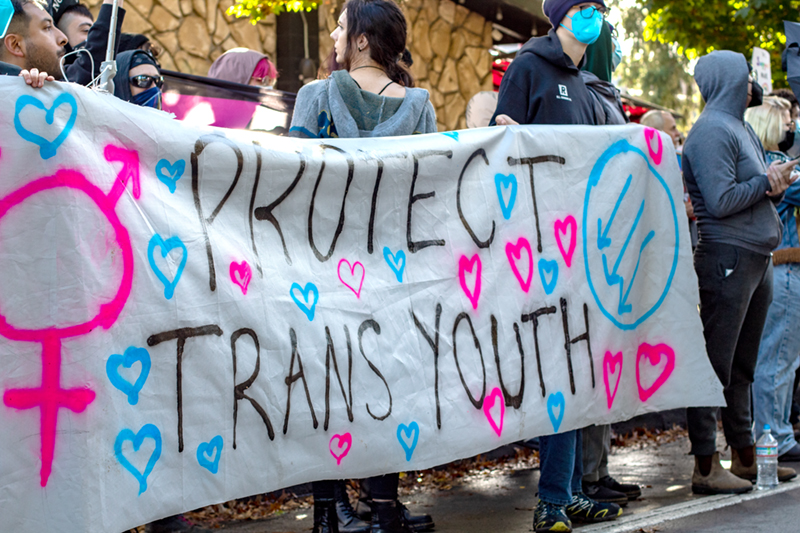Can States Ban Trans Youth Care? Supreme Court to Decide
The high court will hear a challenge to Tennessee's law prohibiting doctors from prescribing hormonal treatments to trans youth.

The U.S. Supreme Court has agreed to take up a case involving the question of whether states can enforce laws prohibiting transgender youth from accessing gender-affirming treatments, such as puberty blockers or hormone therapy.
On Monday, June 24, the high court granted certiorari in the case of LW v. Skrmetti, a lawsuit challenging the state of Tennessee’s ban.
The lawsuit was signed into law by Republican Governor Bill Lee in March 2023.
It claims the ban:
- Violates transgender teens’ right to equal protection under the law.
- Violates the right of their parents to make decisions regarding the care, custody, and control of their children.
- Runs afoul of a section of the Affordable Care Act that prohibits discrimination based on sex, including sexual orientation and gender identity.
A federal judge initially blocked the law from taking effect, but Tennessee appealed the ruling and asked that it be reversed.
The 6th U.S. Circuit Court of Appeals subsequently lifted the injunction, thereby allowing the law to take effect. A few months later, the appeals court rejected a separate request seeking to block enforcement of the law.
The American Civil Liberties Union, the ACLU of Tennessee, Lambda Legal, and law firm Akin Gump Strauss Hauer & Feld, LLP, which are representing the plaintiffs in the case, had asked the Supreme Court to review the appeals court’s decision. The U.S. Department of Justice also intervened and asked the Supreme Court to review the decision.
By taking up the appeal of the 6th Circuit’s ruling, the Supreme Court may definitively determine whether states can pass laws barring youth from receiving gender-affirming care and doctors from prescribing such treatments or whether such restrictions — as the plaintiffs claim — violate the plaintiffs’ right to equal protection.
Oral arguments will take place in the fall.
Tennessee Attorney General Jonathan Skrmetti, who is defending the state in his official capacity, expressed optimism that the high court would ultimately side with Republicans who pushed for the law.
“We fought hard to defend Tennessee’s law protecting kids from irreversible gender treatments and secured a thoughtful and well-reasoned opinion from the Sixth Circuit,” Skrmetti said in a statement. “I look forward to finishing the fight in the United States Supreme Court. This case will bring much-needed clarity to whether the Constitution contains special protections for gender identity.”
LGBTQ advocates called on the high court to overturn the restrictions as unconstitutional.
“The future of countless transgender youth in this and future generations rests on this Court adhering to the facts, the Constitution, and its own modern precedent,” Chase Strangio, deputy director for transgender justice at the ACLU’s LGBTQ & HIV Project, said in a statement. “These bans represent a dangerous and discriminatory affront to the well-being of transgender youth across the country.”
Restrictions on some form of gender-affirming treatments have been passed in 25 states, with South Carolina becoming the most recent state to push a ban. While nearly all those laws have been challenged in court, other appeals courts have allowed laws in places like Alabama, Florida, Idaho, and Indiana to take effect. The Supreme Court previously allowed Idaho’s ban to go into effect as well.
However, there have also been some victories for LGBTQ advocates. Last year, a federal court struck down a nearly identical ban in Arkansas as unconstitutional, and the state of Oklahoma was previously blocked from enforcing a ban of its own due to a binding non-enforcement agreement.
More recently, a federal judge struck down Florida’s law ban on gender-affirming care for youth as unconstitutional. That ruling also struck down state health regulations that were imposed on transgender adults with the aim of making it more difficult for them to receive hormones or surgery.
“It’s simple — everyone deserves access to the medical care that they need, and transgender and non-binary young people are no exception,” said HRC president Kelley Robinson, urging the court to strike down the Tennessee law. “No politician should be able to interfere in decisions that are best made between families and doctors.”
Support Metro Weekly’s Journalism
These are challenging times for news organizations. And yet it’s crucial we stay active and provide vital resources and information to both our local readers and the world. So won’t you please take a moment and consider supporting Metro Weekly with a membership? For as little as $5 a month, you can help ensure Metro Weekly magazine and MetroWeekly.com remain free, viable resources as we provide the best, most diverse, culturally-resonant LGBTQ coverage in both the D.C. region and around the world. Memberships come with exclusive perks and discounts, your own personal digital delivery of each week’s magazine (and an archive), access to our Member's Lounge when it launches this fall, and exclusive members-only items like Metro Weekly Membership Mugs and Tote Bags! Check out all our membership levels here and please join us today!

























You must be logged in to post a comment.